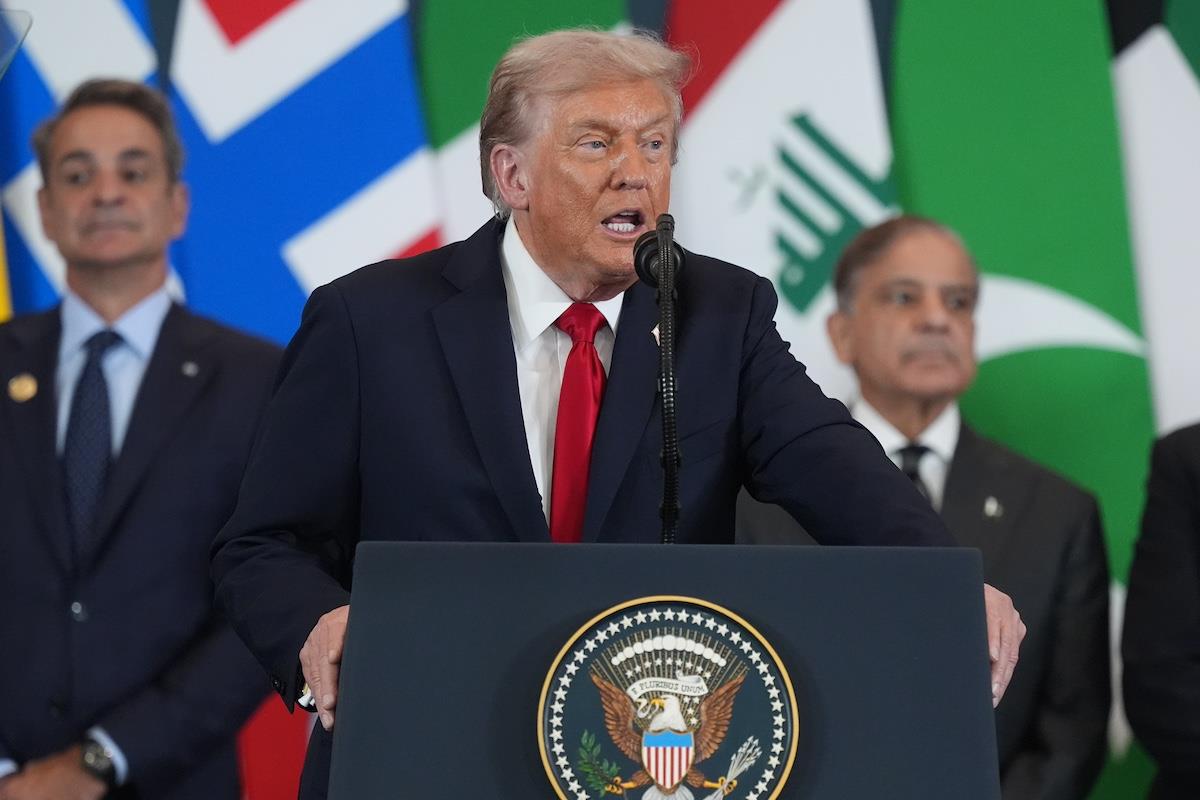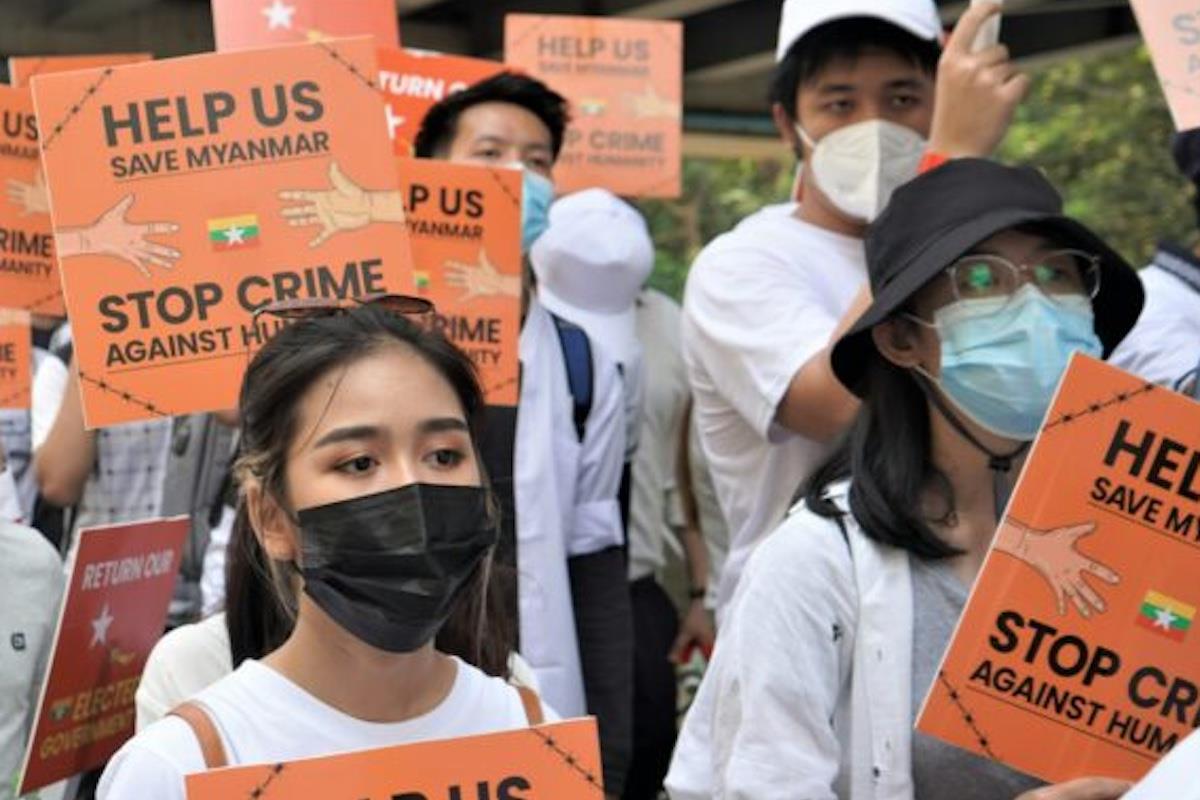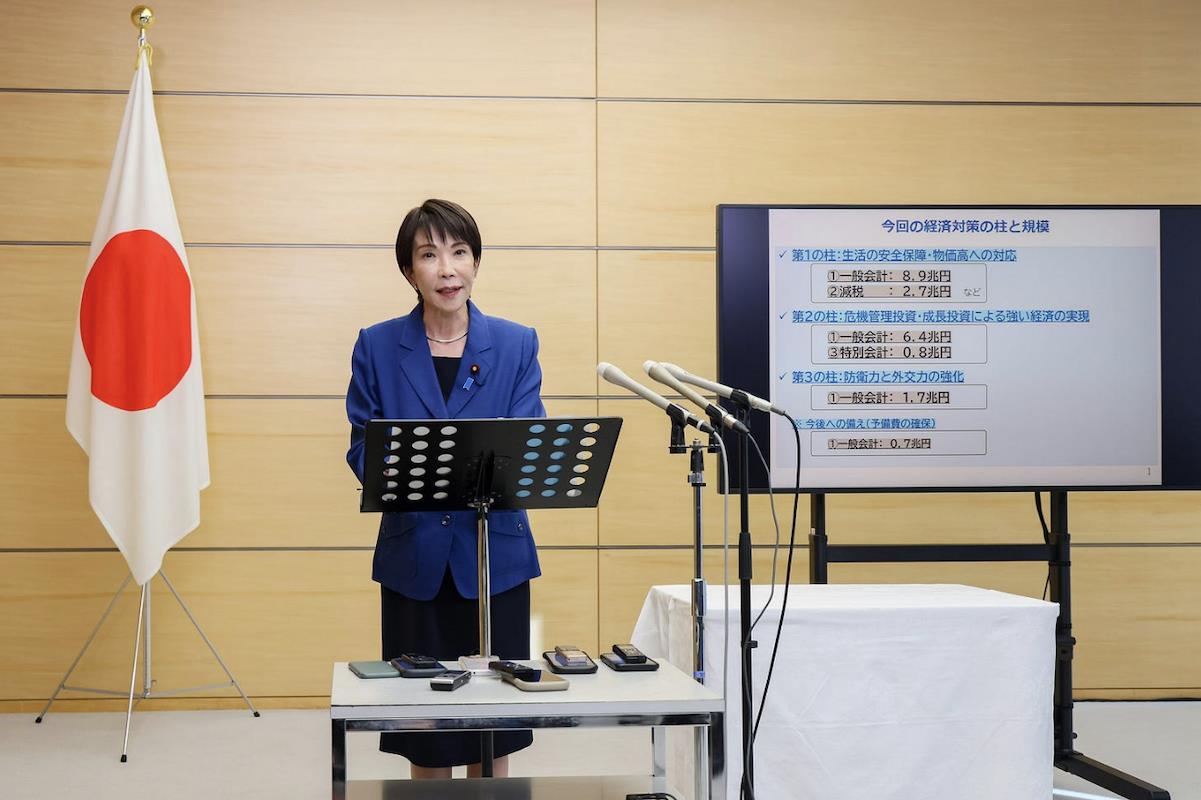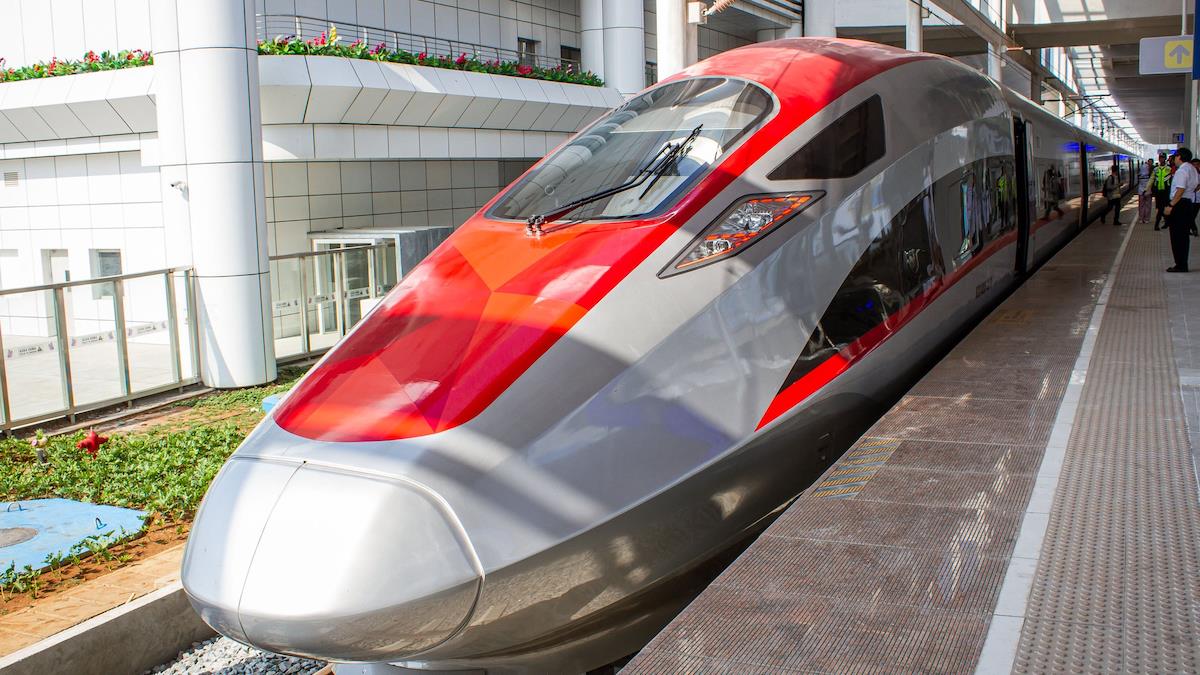
China-Backed Whoosh Rail Locks Indonesia In A Financial Bind
Yet as operations continue, the project now faces a deeper test: a complex financial burden that has placed Indonesia in a delicate policy dilemma, one that demands both prudence and political clarity.
Unlike many of Indonesia's past megaprojects, Whoosh is financed through a joint venture between Indonesian state-owned enterprises and Chinese partners, backed predominantly by loans from the China Development Bank as part of the Belt and Road Initiative.
Costs have soared far beyond initial projections, now exceeding US$6 billion with an additional $1.2 billion in approved overruns.
With Indonesian SOEs controlling 60% of the venture, the financial stress flows directly-almost mechanically-into their balance sheets. At the heart of this exposure is PT Kereta Api Indonesia (KAI), the country's primary rail operator and the dominant shareholder.
If KCIC, the operating company, struggles to meet its obligations, it is KAI-not the state budget-that would absorb much of the financial shock. This structural arrangement places Indonesia in a uniquely uncomfortable position. Legally, the government has been resolute: the loan is business-to-business, and must not be allowed to burden the state budget.
Latest stories
Trump's Gaza 'mandate' and the mirage of global legitimacy

Truth on Myanmar finally prevails in US Congress

Takaichi goes big on stimulus as Japan takes fiscal risk
Yet economically, the separation between sovereign and corporate responsibility becomes far less clear. A liquidity strain on KAI would undermine its capacity to expand rail networks across the archipelago, risking setbacks to broader national development goals.
Compounding this unease is a persistent comparison circulating in public discourse: Sri Lanka's Hambantota Port. Once hailed as a gateway to global maritime trade, the port became an emblem of debt vulnerability after Sri Lanka, unable to service over US$1.4 billion in Chinese loans, granted China Merchants Port a 99-year operational lease in 2017.
The episode has since been used-fairly or not-as a cautionary tale in discussions about Chinese development financing, which critics have referred to as“debt trap” diplomacy. While Indonesia's rail project differs significantly from Hambantota in structure, the debt trap accusation remains politically potent.
For Indonesia, the uncomfortable truth is that every available option carries both economic and political costs. A renegotiation of loan terms with the China Development Bank-extending maturities or adjusting interest rates-appears the most pragmatic first step, enabling breathing room without shifting the burden onto taxpayers.
Additional equity injections from shareholders are theoretically possible, but would require fresh government support for SOEs, a move that contradicts the government's stated stance of keeping fiscal risks at bay.
Limited guarantees or contingent support mechanisms could stabilize operations, though such measures must be carefully designed to avoid eroding Indonesia's reputation for fiscal discipline. Meanwhile, more radical restructuring, including bringing in new investors or divesting assets, is complicated by geopolitical sensitivities.
Default is widely viewed as unthinkable-not only because of the economic consequences, but because of the diplomatic implications for Indonesia–China relations. Both countries have strong incentives to prevent such an outcome.
The broader challenge Indonesia confronts is structural: the dual role of the state as fiscal custodian and majority shareholder. The Whoosh project exposes the tension between these identities.
While SOEs are expected to operate on commercial principles, their strategic roles and political importance make them difficult to shield from government intervention when financial pressure mounts.
Indonesia must therefore carefully calibrate its response: supporting its SOEs enough to preserve system stability, without allowing corporate liabilities to quietly evolve into sovereign ones.
Ultimately, the high-speed rail saga offers valuable lessons not only for Indonesia, but for other emerging economies undertaking ambitious infrastructure projects. First, cost discipline and transparent risk allocation must be embedded from the outset; optimism in forecasting can quietly compound into long-term strain.

Sign up for one of our free newsletters
-
The Daily Report
Start your day right with Asia Times' top stories
AT Weekly Report
A weekly roundup of Asia Times' most-read stories
Second, the distinction between corporate and sovereign debt, while legally clean, is often porous in practice-especially when state-owned enterprises sit at the center of national infrastructure. And finally, geopolitical partnerships, however strategic, cannot substitute for rigorous financial planning and institutional safeguards.
As Indonesia navigates this narrow policy corridor, the outcome will be closely watched. Whether Whoosh becomes a symbol of long-term national progress or a cautionary reminder of financing complexities will depend not only on engineering success, but on the country's ability to reconcile ambition with financial discipline.
For nations seeking to modernize at speed, Indonesia's experience underscores a simple but powerful truth: infrastructure can accelerate development, but only when backed by governance structures resilient enough to withstand the weight of its own ambition.
Alek Karci Kurniawan is an analyst at the Indonesia Strategic and Economics Action Institution, a think tank focused on geopolitics and geoeconomics. He has also represented Indonesia at an international youth forum at the United Nations.
Sign up here to comment on Asia Times stories Or Sign in to an existing accounThank you for registering!
An account was already registered with this email. Please check your inbox for an authentication link.
-
Click to share on X (Opens in new window)
Click to share on LinkedIn (Opens in new window)
LinkedI
Click to share on Facebook (Opens in new window)
Faceboo
Click to share on WhatsApp (Opens in new window)
WhatsAp
Click to share on Reddit (Opens in new window)
Reddi
Click to email a link to a friend (Opens in new window)
Emai
Click to print (Opens in new window)
Prin

Legal Disclaimer:
MENAFN provides the
information “as is” without warranty of any kind. We do not accept
any responsibility or liability for the accuracy, content, images,
videos, licenses, completeness, legality, or reliability of the information
contained in this article. If you have any complaints or copyright
issues related to this article, kindly contact the provider above.

















Comments
No comment